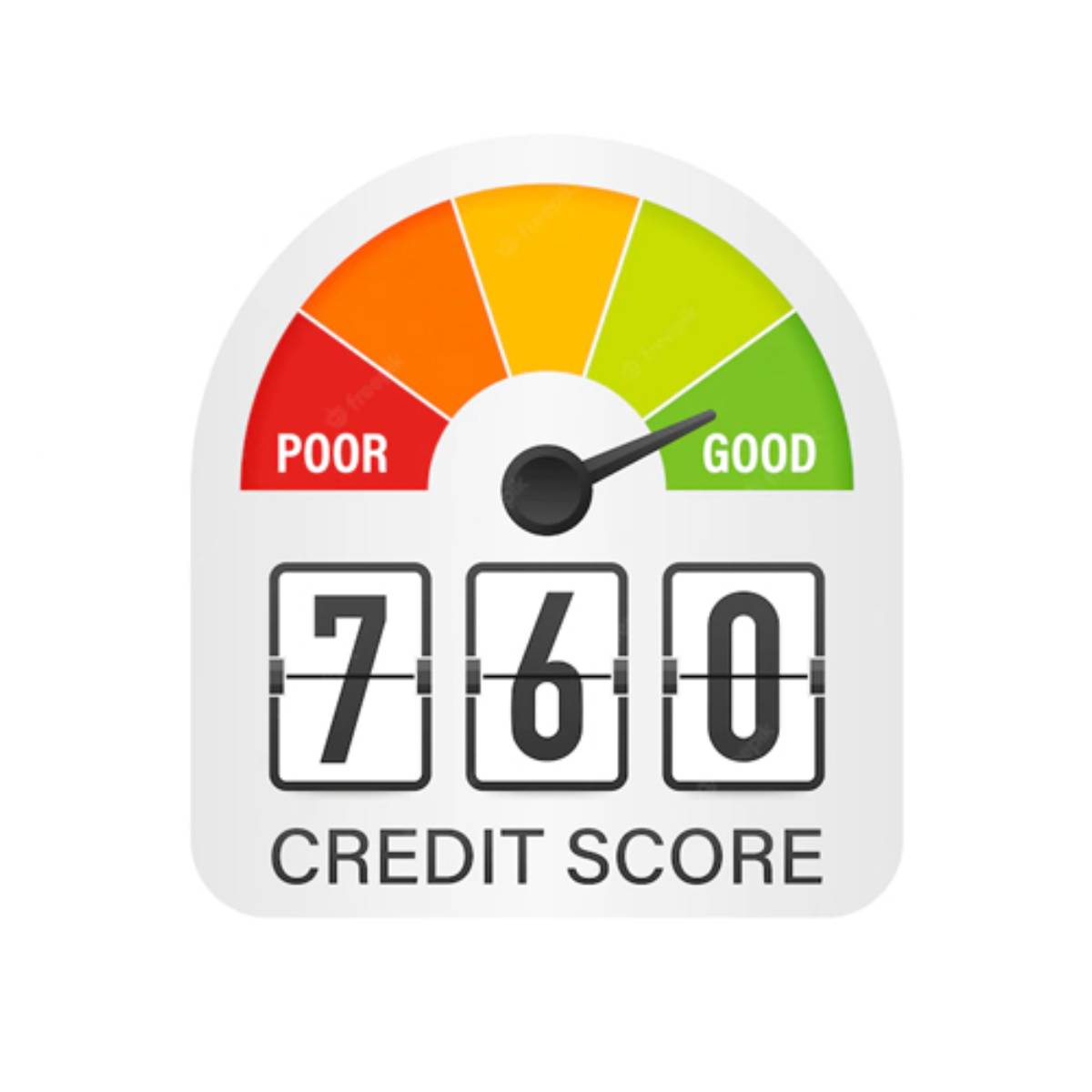| Terminology | Explanation |
| Accelerator | It is a cohort-based, rectified programme that incorporates seed funding, connections, mentorship, culminates in a public pitch event or demo day to help businesses expand faster. |
| Angel investor | This sort of investment usually occurs while a startup is in its early stages; it occurs when an investor, often known as a "business angel," supplies a firm with initial or expansion cash in exchange for a share of the company's ownership. Jeff Bezos, the CEO of Amazon, is one of the world's most well-known angel investors, having invested in companies such as Google and Uber. |
| Acqui-hired. | When a tiny, struggling business is bought solely for its employees. It's equivalent to obtaining the intellectual capital of a pre-assembled, talented team. According to a CBInsights acqui-hire analysis, internet companies accounted for 60% of all acqui-hired IT companies between 2012 and 2013, while mobile companies accounted for 38%. |
| Agile | A time-boxed, iterative method to software delivery that produces software incrementally from the beginning of the project rather than aiming to provide everything at once right at the end. |
| AIoT | The Artificial Intelligence of Things (AIoT) combines artificial intelligence (AI) technology with the Internet of Things (IoT) infrastructure to improve IoT operations, human-machine interactions, data management, and analytics. |
| Ambient Computing | It is a network of internet-connected "things" that can automatically adapt to business needs in real-time. |
| API | The term API refers to an interface that allows programmes to communicate with each other. It's a set of standards, protocols, and tools that make it possible for various software and hardware to work together. |
| Artificial Intelligence (AI). | Machines, particularly computer systems, simulate human intelligence processes. Learning (the acquisition of information and the rules for applying it), reasoning (the application of rules to arrive at approximate or definite conclusions), and self-correction are examples of AI processes. |
| Automation | Proptech firms from all across the world have devised revolutionary ways to automate buildings. Almost everything can be automated, from HVAC to lighting, security to appliance monitoring. Property owners and managers can control any of their building's equipment remotely using cloud-based dashboards and smartphone applications. |
| Augmented Reality | It is a real-time, direct or indirect view of a physical, real-world environment augmented (or supplemented) by computer-generated sensory input such as sound, video, graphics, or GPS data. Physical space is covered with virtual data in augmented reality. |
| Virtual reality | It is a simulated experience that might be similar to or completely distinct from the real world. The usage of virtual reality in real estate can be game-changing since it allows you to exhibit your home and organize site visits without the need for applicants to be present. |
| Autonomous vehicles | The era of self-driving cars is rapidly approaching. They're simply one form of the autonomous vehicle, which are cars that can perceive their surroundings and move from one location to another without the need for human intervention. |
| Backlog | A list of new additions, changes to existing features, bug fixes, and other actions that can be delivered to meet a specific goal. |
| Beacon | Beacons are small wireless transmitters that communicate signals to other smart devices nearby using low-energy Bluetooth technology. They are one of the most recent advancements in proximity marketing and location technology. |
| Bid-Management | Bid management is the process of automating the bidding process for digital marketing initiatives. Bid management software, often known as bid optimisation platforms, allows you to automate your CPC (cost-per-click) bids across many campaigns. You may produce earnings as well as brand recognition by combining a digital analytics solution with a bid management platform. |
| Big Data | It is a term used to describe extraordinarily massive data collections that may be computationally analysed to uncover patterns, trends, and relationships, particularly in the context of human behaviour and interactions. |
| Big Tech | In journalism, the terms "Big Tech" and "Tech Giants" have been used to refer to the largest and most dominating corporations in the information technology industry. |
| Blockchain | The backend technology that allows digital assets to behave like physical commodities is known as the blockchain. It makes it possible to conduct secure digital transactions. Brickblock's CEO, Jakob, explains it clearly and concisely as a "large database documenting transactions. |
| Bond Market | Buying and selling of thirty-year treasury bonds on a daily basis. Lenders pay close attention to this market because, as bond yields rise and fall, fixed-rate mortgages do roughly the same. |
| Bootstrap | Have you ever heard the phrase "lift yourself up by your bootstraps"? This phrase has evolved from it, and it now refers to self-funding through personal resources such as friends and family. |
| Bridge loan | A loan for a short length of time, usually between two and three years, until long-term finance, can be arranged. A swing loan is another term for a short-term loan. |
| Burn rate | How quickly you squander your money, to put it bluntly. Don't be shocked if you hear this term, sometimes known as a run rate, being thrown around at industry networking events. |
| Broker | A broker, by definition, is someone who works as an agent, bringing two parties together for any type of transaction in exchange for a fee. |
| Building Automation System (BAS) | A building automation system (BAS) is a hardware and software-based intelligent system that connects heating, ventilation, and air conditioning (HVAC), lighting, security, and other systems on a single platform. |
| Building Information Modeling (BIM) | It is a smart 3D model-based method that provides architects, engineers, and construction (AEC) professionals with the knowledge and tools they need to plan, design, construct, and manage buildings and infrastructure more efficiently. |
| Building Management Systems (BMS) | They are computer-based control systems that regulate and monitor mechanical and electrical equipment in buildings, including ventilation, lighting, power systems, fire systems, and security systems. |
| CAGR | CAGR, or compound annual growth rate, is a helpful metric for comparing growth across time. If you assume that the investment has compounded over time, it can be regarded as the growth rate that gets you from the beginning investment value to the finishing investment value. |
| Coworking | It is the sharing of equipment, ideas, and information in an office or other working environment by individuals who are self-employed or work for different businesses. |
| City-as-a-Service | Combines infrastructure-as-a-service (IaaS) and software-as-a-service (SaaS) technologies to serve as a city-wide platform for the implementation of smart city technology. Consider a city's operating system. |
| Convertible note | A note represents a percentage of a company's equity ownership. Convertible notes are used by some business owners to attract angel investors without having to value their firm. As soon as another investor joins, the note becomes equity. |
| Cloud computing | Cloud computing refers to the distribution of on-demand computing services, such as applications, storage, and processing power, over the internet and on a pay-per-use basis. |
| Co-living | Residential real estate products with common services and shared spaces are known as co-living, and they shift the focus away from purchasing and renting properties. |
| ConTech | Construction Technology, or ConTech, is a term that refers to the field of construction The manner in which PropTech will alter our physical surroundings. It concerns prefabricated or modular buildings, alternative and sustainable building materials, 3D printing, and robot bricklayers in terms of construction procedures. |
| CRE Tech | Commercial real estate (CRE) technology is quickly expanding in the real estate sector, as professionals work to revolutionise the current commercial real estate market. To ignite the buying and selling market, most of today's developing CRE technology employs big data, machine learning, and the Internet of things (IoT). |
| Digitalisation | Taking advantage of technical improvements and making use of data generated from properties is what digitalization in property management is all about. |
| Digital Disruption | The term "digital disruption" refers to the transformation brought about by new digital technology and business practices. Digital breakthroughs that influence products, services, business processes, and consumer behaviour can have a significant impact on how a company works. |
| Drones | Drones offer construction companies a bird's-eye perspective of worksite, materials, machinery, and people. Contractors are recording photos and videos with the autonomous flying aircraft to help optimise anything from grading plans and operations to finding variations between as-designed and as-built site plans. |
| Exit Strategy | Before or throughout their entrepreneurial journey, founders may design an exit company strategy. An exit is a method of transferring control of your business to another company while still repaying your investors. |
| Facility Management | In facility management (FM), professionals use the chance to reassess the use of space, advising asset owners and users on the most efficient use of buildings to meet changing workforce demands and improve asset monitoring and performance. |
| FinTech | FinTech, or financial technology, is a type of technology and innovation that tries to compete with traditional financial delivery systems. It is a new industry that employs technology to improve financial activities. |
| Hybrid App | A hybrid app is a software application that incorporates features from both native and web apps. Web apps that have been embedded in a native software shell are known as hybrid apps. Hybrid apps are popular because they allow developers to write only one piece of code for a mobile app while still supporting multiple devices. |
| Incubator | In contrast to an accelerator, an incubator helps startups in their early stages of development. It's essentially a company that helps new businesses get off the ground in the initial few months or years, usually in exchange for ownership. |
| Initial Public Offering (IPO) | An initial public offering (IPO) is when a startup's stock is first made available to the general public. A private corporation becomes a public company at this stage. |
| Lean Startup | When starting a new firm or releasing a new product, this strategy is used to swiftly and inexpensively validate a business proposition. |
| Location Intelligence | Location intelligence is a useful tool for real estate companies since it allows them to identify and evaluate neighbourhood trends. They utilise it to anticipate or estimate whether or not a particular sector is worth investing in. |
| GDPR | The General Data Protection Regulation (GDPR) is a regulatory framework that establishes standards for the acquisition and processing of personal data from European Union citizens (EU). |
| High-performance computing | A high-performance computing system (HPC system) is essentially a network of nodes, each of which has one or more processing chips and its own memory. |
| Infrastructure as a service (IaaS) | It is a type of cloud computing that uses the internet to deliver virtualized computing resources. Along with software as a service (SaaS) and platform as a service (PaaS), IaaS is one of the three primary categories of cloud computing services (PaaS) |
| The Internet of Things (IoT) | The Internet of Things is centred on greater machine-to-machine communication; it is based on cloud computing and sensor networks; and it is a mobile, virtual, and immediate link. |
| Key Performance Indicator (KPI) | It is an acronym for Key Performance Indicator. A measurable value that shows how effectively the organisation is achieving its main business goals. |
| LegalTech | The use of technology to assist law firms with practise management, document storage, billing, accounting, and electronic discovery is referred to as legal technology. Legal Tech startups are disrupting the legal profession by providing people with online software that reduces or eliminates the need to consult a lawyer. |
| MVP (Minimum viable product) | A process that entails the creation of a rudimentary version of a new product in order to satisfy the product's early users. After that, the product is enhanced with new features based on input from early consumers. |
| Machine Learning | The study of computer algorithms that improve themselves over time is known as machine learning. It is considered a subset of Artificial intelligence. |
| Near-field communication (NFC) | It is a collection of protocols that allow two electronic devices, one of which is usually a portable device like a smartphone, to communicate by bringing them within 4 cm of each other. |
| Non-disclosure Agreement (NDA) | A legal contract that protects a startup's secrets by requiring workers who disclose them to pay damages. NDAs can be used to safeguard proprietary code, formulas, and customer information, among other things. You can have a “one-party” NDA, in which one party receives sensitive information from the other, or a mutual NDA, in which both parties receive confidential information. |
| Property Data | Property data provides information about properties, including their function, value, and ownership. It's mostly utilised by data-driven real estate investors who want to make intelligent conclusions on where to put their money based on current property values. |
| Property management | The management of residential or commercial properties is referred to as property management. It encompasses all aspects of maintaining, growing, and managing an investment property. |
| Pitch Deck | If you've ever had to present an idea to your supervisor, you've probably tried your hardest to persuade them. A pitch deck, on the other hand, is a condensed form of a business plan that displays crucial numbers to potential investors in the hopes of persuading them to invest. |
| Pivot | The phrase pivot is used in the startup sector to indicate when a company suddenly switches paths after previously targeting a different market niche, similar to how it is used to describe a mechanism revolving on a central point. |
| Platform-as-Service | A type of cloud computing service that provides a platform for the creation and management of digital applications. |
| PropTech | Property technology (PropTech) refers to the application of information technology (IT) to provide information, conduct transactions, and manage various sorts of real estate, including residential, commercial, hotel, logistics, and land. It is intended to simplify and integrate processes for buyers, sellers, brokers, lenders, and landlords at all stages of the real estate industry. |
| 5G | 5G paves the door for more and higher-tech home tours given via augmented reality, smarter smart homes, and better-connected remote offices in the real estate industry. During video calls, annoying time lags and other interruptions should be eliminated. |
| 3d printing | It's a method of forming the external and interior walls, as well as the roof, by injecting layers of material like cement onto a digitally defined structure. |
| QR Code | A QR code is a machine-readable code made up of an array of black and white squares that is generally used to store URLs or other information that can be read by a smartphone's camera. |
| REIT | A REIT is a business that owns, operates, or funds income-producing real estate. |
| Real estate marketing | Real estate marketing is all about showcasing your unique value propositions to the rest of the world in order to establish a brand, acquire clients, and close deals. |
| Scale-up | When your firm has increased in terms of size, geographic location, market, and so on, you can say you've scaled up. Scaleup is a word that refers to a business that has previously proven its product in a market and is financially viable. |
| Seed funding | Seed funding refers to the first round of tiny, early-stage investments from family members, friends, banks, or an investor. |
| Startup | Though there is no common definition of a startup, one widely recognised definition is a business in its early or growing stages, usually less than three years old and (if not already) profitable. |
| Smart Building | Any structure that uses automated processes to control the building's functions, such as heating, ventilation, air conditioning, lighting, security, and other systems, is referred to as a smart building. |
| Smart City | It is a city that uses information and communication technology (ICT) to improve the quality and performance of urban services like energy, transportation, and utilities, lowering resource use, waste, and total costs. |
| Smart Drains | Drains with sensors that give alerts when they are in risk of silting or overflowing, as well as fill rate data that can be used for extremely effective predictive cleaning operations. |
| Smart Grid | An improved electrical grid that gathers and acts on information such as supplier or consumer behaviour to improve the efficiency and sustainability of electricity distribution automatically using digital technology. |
| Smart Home | A smart house is a home with internet-connected gadgets that allow for remote monitoring and management of appliances and systems like lighting and heating |
| Software as a Service (SaaS) | It is a distribution model in which a third-party supplier hosts and distributes software to clients via the internet. |
| Term Sheet/Letter of intent | The non-binding agreement between an investor and a startup includes the basic terms and conditions for financing. A binding agreement based on the term sheet is set up once the parties concerned have achieved an agreement. |
| Unicorn | A corporation with a market capitalization of more than $1 billion, usually in the technology or software sector. Tesla, Airbnb, Instagram, and Shopify are examples of well-known unicorn startup companies. |
| Urban data platform | A unified digital environment for the aggregation of data across numerous geographic areas or civic functions of the city is provided by an urban data platform. Consider a single platform for gathering and sharing data about cities. |
| VC (Venture capital/Venture capitalist) | Firms provide venture capital to small, high-risk startup companies with large growth potential in exchange for equity. VCs are investors who work for venture capital firms and choose to invest in specific businesses. |
| Vesting | A process in which a right to a present or future payment, benefit, or asset is given or earned. |
| Virtual reality | Virtual reality technology is an excellent technique for realtors to market staged properties at a low cost. Virtual reality helps you to create amazing 3D real estate tours and stage properties for your clients to visit. It also enables real estate developers to market the completed product before it is built. |





